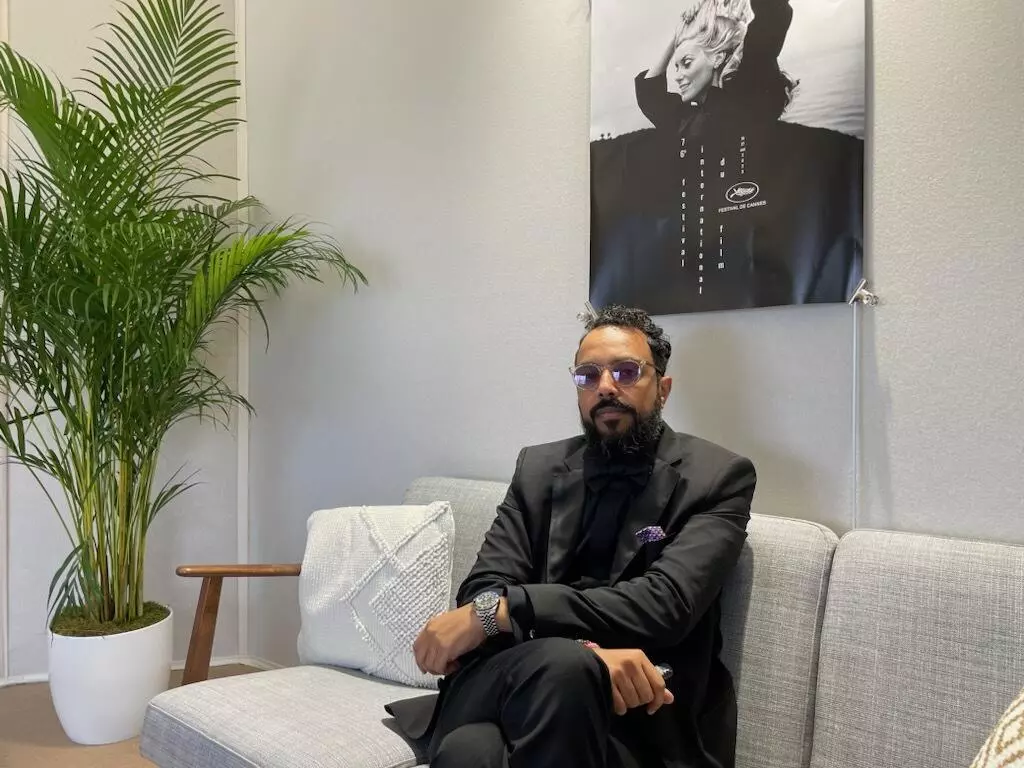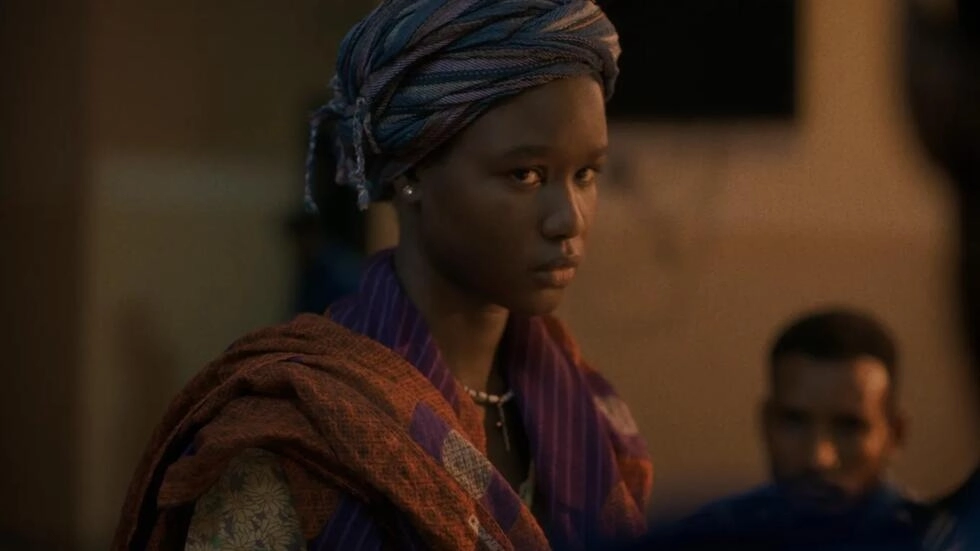“Goodbye Julia”, the first-ever Sudanese feature to screen at the Cannes Film Festival, has been selected by Sudan to represent the war-torn country at the Academy Awards in the Best International Film category.
Mohamed Kordofani’s trailblazing debut feature about South Sudan’s split from the north won the Un Certain Regard freedom prize at this year’s Cannes Film Festival, the world’s most prestigious film gathering.
Its selection at the French Riviera festival acquired special resonance when war broke out in Sudan in April, pitting the army against a rival militia in a bitter and bloody power struggle that has further derailed Sudan’s already fragile transition to democracy.
“Goodbye Julia” is only the second Sudanese feature film to be submitted for selection at the Academy Awards, after Amjad Abu Alala’s 2020 movie “You Will Die at Twenty”.
“I feel very grateful that the committee in Sudan reactivated and selected ‘Goodbye Julia’ for the Oscars race despite the war,” Kordofani said in a statement after learning about the movie’s submission for the Academy Awards, where it will compete for Best International Feature Film.
“This only shows how resilient and hopeful people in Sudan can be,” he added. “I feel immensely honoured that my film is now on the list of Sudan’s submissions to the Academy, and I hope we can be visible to voters so that – maybe – we can be visible to the world and show it a different side of Sudan.”
“Goodbye Julia” is set in Khartoum in the years leading up to South Sudan’s independence referendum in 2010, following another grisly civil war, this one between North and South. It explores the troubled coexistence between unequal communities in a society blighted by racism and divided along ethnic and religious lines.
The great divide is portrayed through two households, starkly unlike in fortune: one Muslim, Arab and well-off, the other Christian, Black and poor. The titular character Julia (played by Siran Riak) belongs to the latter, though the film is really about the wealthier Mona (Eiman Yousif).
When their worlds collide in a fatal shooting, Mona’s husband Akram (Nazar Gomaa) dismisses the incident as “self-defence”. But Mona knows there is more to it, racked by a consuming sense of guilt that leads her to take Julia in as her maid – without disclosing the terrible secret behind her husband’s death.
In an interview with FRANCE 24 during the Cannes Film Festival, Kordofani spoke of a “toxic tendency” towards “tribalism and racism” in his home country, which he blamed for the conflict that led to Sudan’s partition and the years of bloodshed in Darfur.
“I feel we need to build a new national identity that is proud of things that don’t drive us apart, like freedom, like coexistence, like compassion,” he said. “I want to ignite that dialogue by admitting that I, myself, had a problem and I hope that people watching the film will admit that as well.”



